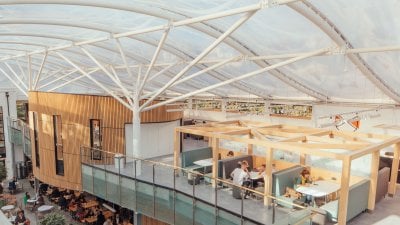ANIMAL/LAB
This Research & Knowledge Exchange Doctoral Project brief summarises our priority areas of research interest under the heading of: ANIMAL/LAB.
We welcome all research degree applications aligned with and in response to this brief.
Project brief details
The bonds between humans and other animals extend for thousands of years. Our ever-changing relationships might best be described as entangled: fraught with knots of contradiction and conflict. We love animals and yet we also destroy them. It’s hard to think straight about animals. As a neat phrase in modern anthrozoology has it: ‘some we love, some we hate, some we eat.’
We humans have caused unrelenting damage to the natural world. A recent UK State of Nature report found that one in seven UK species to be at risk of disappearance. Research shows that North America has lost 3 billion birds – around 30% of total populations – in just 50 years. As extinction rates climb, biologist E.O. Wilson warns that were are entering the ‘Eremocene’, the Age of Loneliness. Mammals, birds, plants and insects are vanishing in staggering numbers. Humans are increasingly disconnected from nature too, a ‘desolating solitude’ that speaks to the far greater horror of animal absence. Scientists talk of ‘biodiversity loss’, which when you think about it is such an insufficient euphemism for the annihilation of nonhuman beings. The phrase ‘destruction of the living world’ is a closer statement of where we are at.
The interest in animals within the Humanities is an important area of study. Scholars from a wide variety of disciplines – history, literary studies, anthropology, fine art, art history, philosophy, cultural studies – are engaging with non-human creatures in this emergent field of ‘animal studies’. There are complex and surprising connections to be made between our imagining of animals and our cultural environment. ‘Animality’ has become a critical lens through which to analyse society and culture and ‘anthrozoology’ a new field studying the interactions between humans and other animals. We talk, write, make images, perform, and imagine creatures as never before, just as they are retreating from our lives.
Sentiments shift through time and our creative practice reflects attitudes as much as shapes them. In the long history of human-animal relations, photography for example is a very recent innovation. And yet it has dramatically changed the way we understand and value animals. Photography helps us learn more about animal behaviour just as we impose our fantasies upon them. As John Berger has written: ‘zoos, realistic animal toys and the widespread commercial diffusion of animal imagery, all began as animals started to be withdrawn from daily life. One could suppose that such innovations were compensatory. Yet in reality the innovations themselves belonged to the same remorseless movement as was dispersing the animals’.
But, why do we photograph animals? Why do we watch them, and film them? Why do we tell stories about them? Why do we make art about animals, and art with animals? And what do we hope to achieve? Or course, intentions are varied across wide-ranging creative practice, and our desires, multi-layered. Photography, for example, is a tool of control and commerce as much as it can be used with curiosity and compassion. The act of creating photographs in the past – in ‘taking’, ‘capturing’, ‘shooting’ – might be read as a process of trying to master nature through technology, whilst also seen as an expression of our emerging care for animals.
Simple questions can lead to a myriad of research projects. How and why are images made? To what purpose are they put? How might the meanings of images change through time? How do the visual arts make you feel? Where is this destruction of nature leading us? Is there any hope?
This animal brief is not confined to photography: we welcome all kinds of creativity as both subject and research method. Your focus might be nineteenth-century literature, or wildly-popular contemporary picturebooks, as much as it might be conceptual art, or the recent history of wildlife film? What of camera trapping? Animal illustration? Eco-tourism? Graphic novels? Social media? Advertising? Poetry? Podcasts? The documentaries of Jacques Cousteau? You might choose to research modern-day conservation campaigns, or spend time standing in a field recording the sounds of nature. And what does ‘Nature’ really mean, anyway?
What role can the visual arts play at a time of climate crisis? What are the ethical implications and contradictions of using animals in creative projects? Is anthropomorphism, for example, still a guilty pleasure or can it be a critical tool to increase concern for our animal kin? How can creative practice improve the lived reality of non-human animals? What are the paths for wildlife filmmakers in an age of disinformation, climate change denial and disinterest? How might future photographic technologies, and AI, further complicate human-animal relationships?
So, can your research be part of new and urgent conversations? Do you want to engage with the most pressing ecological questions of our time? And, what about the animals themselves? In all of our activities, surely now we must be even more aware of our impacts upon them.
We are looking to connect with those who have creative arts research interests in all manner of ecological and cultural contexts, from rural areas to ocean habitats, from activism to scientific communication. We actively encourage research applications from post-graduate students with diverse backgrounds.
Based in the Institute of Photography, within Falmouth’s new Faculty of the Creative Arts and Communication, but working with partners locally and globally, you will undertake profile-raising, practice-based research, embedded within a critically engaged and ethical framework. The focus here is on animals. We are interested both in process and outcome: in how images and texts are made, and in how they are used and possibly abused. But no animals will be harmed in this lab. We will be testing out ideas and researching humans as our subject, as much as the ways that animals come into our lives.
- Can your research and contemporary creative practice make interventions in a wide range of environmental issues and extend the ways in which the natural world is understood?
- Can your research help the visual arts overcome the cultural barriers that exist between public attitudes and conservation efforts?
- Can your research create powerful stories that resonate with your audience and transcend disciplinary boundaries?
Bring your best ideas. The reality for many species is troubling. Can your PhD research change human behaviours and opinions? Can your creativity help to give non-human animals greater agency and the chance for a better future?
Strategic alignment
Projects deriving from this brief are expected to sit within the Research & Knowledge Exchange strategy and the following department.
| Department | Institute of Photography |
|---|
All successful research degree project proposals must emphasise a clear alignment between the project idea and our Research & Knowledge Exchange strategy.
Project brief lead
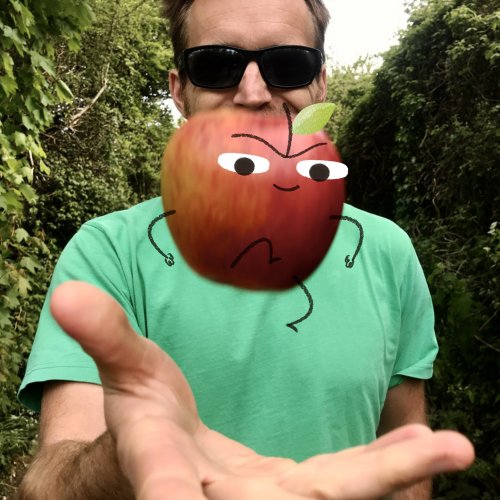
Project Brief Supervisor: Associate Professor Huw Lewis-Jones
Dr Huw Lewis-Jones is an environmental historian and expedition leader. Huw is a storyteller and seafarer, a field naturalist and wilderness guide, an award-winning author and teacher. He has a PhD from the University of Cambridge, directs research projects across the world, and leads voyages to challenging places. He is a creative adventurer and conservation advocate, exploring new ways of thinking.
Read more
How to apply
Enquiries
Project brief & project proposal enquiries
To discuss this project brief, ideas or project proposal responding to this brief, please contact: Associate Professor Huw Lewis-Jones.
Application enquiries
For all other application related enquires please contact the Research & Development team.
T: 01326 255831
Additional resources
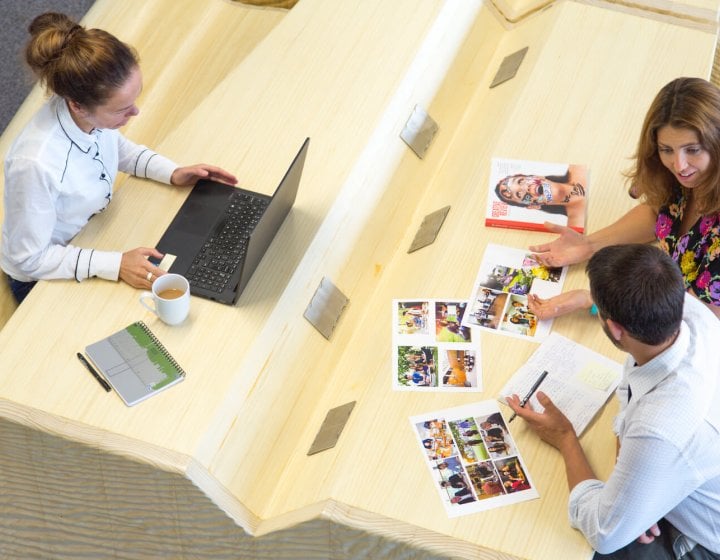
Fund your Research Degree
See the options available to help you fund your research degree.
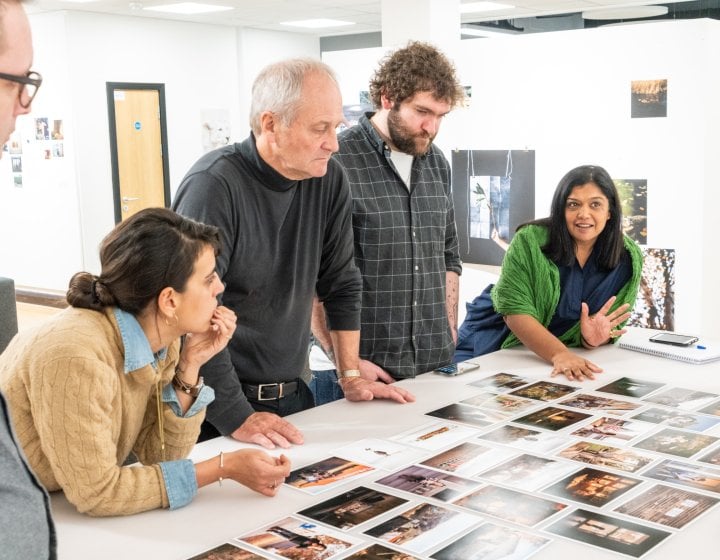
Research & Knowledge Exchange
By stepping beyond disciplinary lines, harnessing creativity and working with communities, we delive...
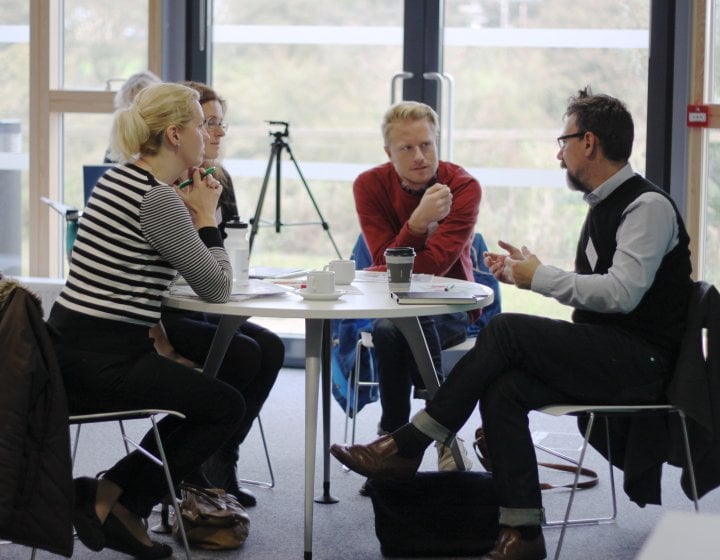
Doctoral Project Briefs
We invite MPhil and PhD project proposals that respond to a doctoral project brief.
